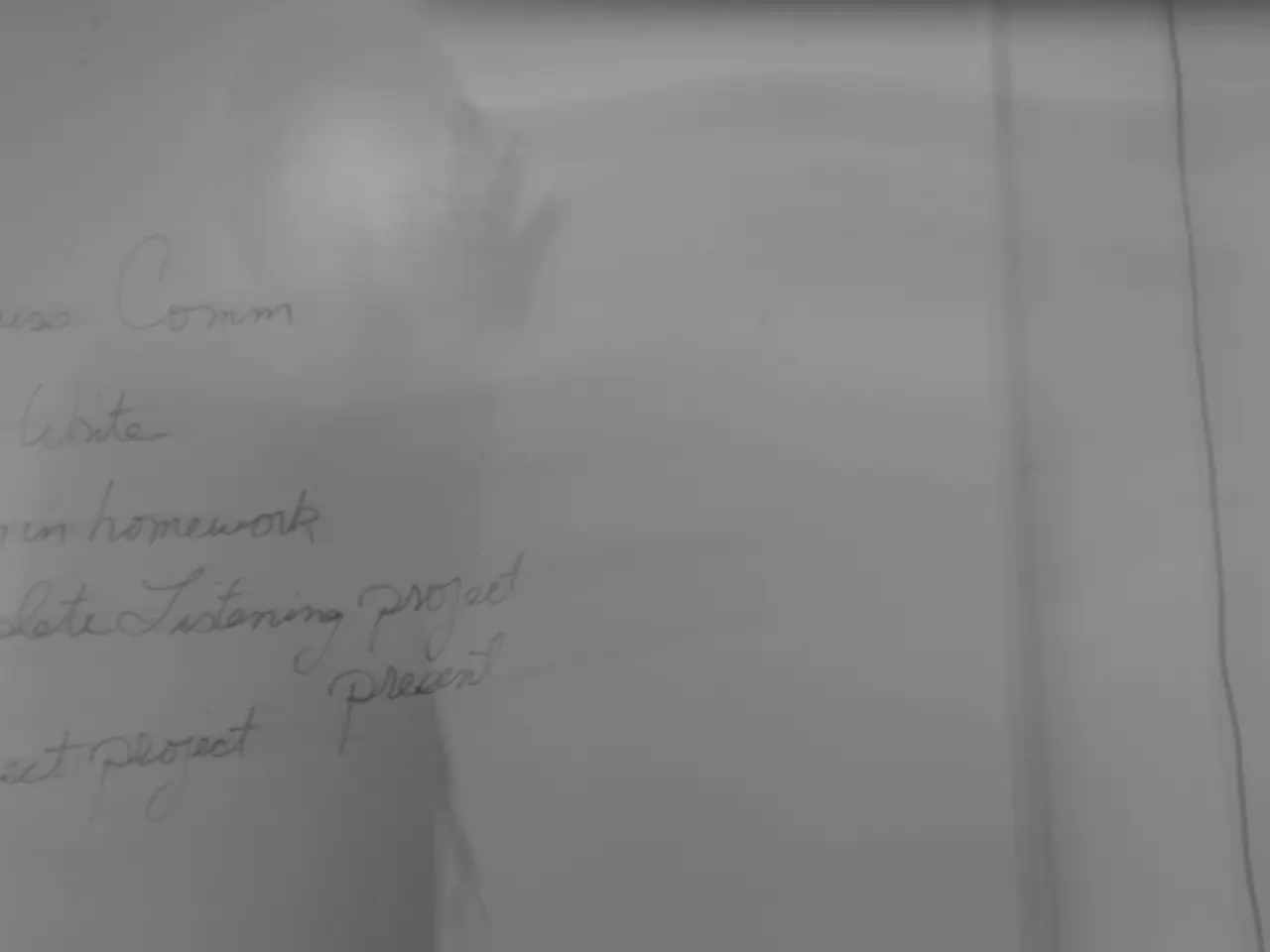Katherina Reiche involved in the inheritance dispute over the Habeck estate
Katherina Reiche, the newly appointed Federal Minister of Economics in Germany, has been the subject of much debate since her tenure began. Her bold proposals on labor and energy policies have drawn sharp criticism from various quarters, including labor groups, parts of her own party, climate advocates, and others who challenge the social and environmental impacts of her policies.
Reiche's remarks on pensions have been particularly contentious. She suggested that Germans must work longer during their adult lives to sustain social security systems and maintain economic competitiveness, a statement that sparked immediate backlash, especially from worker representatives and unions. They warned against raising retirement ages and emphasized protecting pension funds through increased contributions rather than longer work periods.
The SPD, a small coalition partner of the Union, criticized Reiche's comments, with Vice-Chancellor Lars Klingbeil calling it a "slap in the face" for many workers. The CDU Workers' Council also labelled Reiche a "mistake".
Beyond the controversy over working hours, Reiche's tenure has also been marked by a cautious approach to Germany's energy transition. Her ministry commissioned a "reality check" report on energy policy that critics warn could slow the expansion of renewables by prioritizing cost-efficiency and energy security, potentially at odds with climate goals. Climate groups and coalition partners have expressed concerns that the ministry's approach might impede Germany's climate targets.
Reiche has advocated for hydrogen from natural gas and nuclear power for the establishment of a hydrogen economy, arguing that green hydrogen is still too scarce and expensive. However, this stance has raised eyebrows among climate advocates who favour a more rapid transition to renewable energy sources.
In a somewhat unflattering portrait in the "Zeit" magazine, Reiche's media skepticism may have been confirmed. She has kept a noticeable distance from the media, giving relatively few interviews and undertaking her inaugural trip to Washington without the usual press entourage.
Despite the criticism, Reiche has not been without support. Arndt Kirchhoff, supervisory board chairman of the automotive supplier and president of the North Rhine-Westphalia Association of the Metal and Electrical Industry, supports Reiche in the pension debate. Markus Steilemann, CEO of Covestro, supports Reiche's commitment to a new economic honesty. Dirk Guesewell, board member of the energy giant EnBW, publicly praised Reiche for her focus on affordability of the energy transition.
Reiche's quick rise from a 25-year-old member of the German Bundestag to parliamentary state secretary in two federal ministries, and then to the top of the Association of Municipal Enterprises (VKU), has been noted. She is also known for her impeccable style and for always wearing a Christian cross on a necklace in public.
A monitoring report on the status of the energy transition is expected to appear at the beginning of September, which will serve as a basis for Reiche's energy agenda. The report's findings will likely shed more light on her approach to Germany's energy policy and how she intends to balance cost-efficiency, energy security, and climate goals.
Karl-Theodor zu Guttenberg, a former CSU hope and Defense Minister, but criticized for plagiarism in his doctoral thesis and dropped by Angela Merkel, was spotted in Washington, D.C., although his role in Reiche's office remains unclear.
[1] Source for the backlash from worker representatives and unions
[2] Source for the emphasis on protecting pension funds through increased contributions
[3] Source for Reiche's cautious policy stance and falling government popularity
[4] Source for concerns that the ministry's approach might impede Germany's climate targets
[1] The source for the backlash from worker representatives and unions can be traced back to their statements against Reiche's suggestion of raising retirement ages, which they consider detrimental to the protection of pension funds through increased contributions instead.
[2] The emphasis on protecting pension funds through increased contributions is highlighted in the criticisms from the SPD and worker representatives, who prefer this approach over prolonging work periods to sustain social security systems.
[3] Sources for Reiche's cautious policy stance and falling government popularity can be found in the various criticisms from labor groups, climate advocates, and coalition partners, as well as in the approach and recommendations of the "reality check" report on energy policy that prioritizes cost-efficiency and energy security over climate goals.
[4] Concerns that the ministry's approach might impede Germany's climate targets are expressed by climate groups and coalition partners who challenge the potential impact of Reiche's energy transition policies on the expansion of renewables and the achievement of climate goals.








